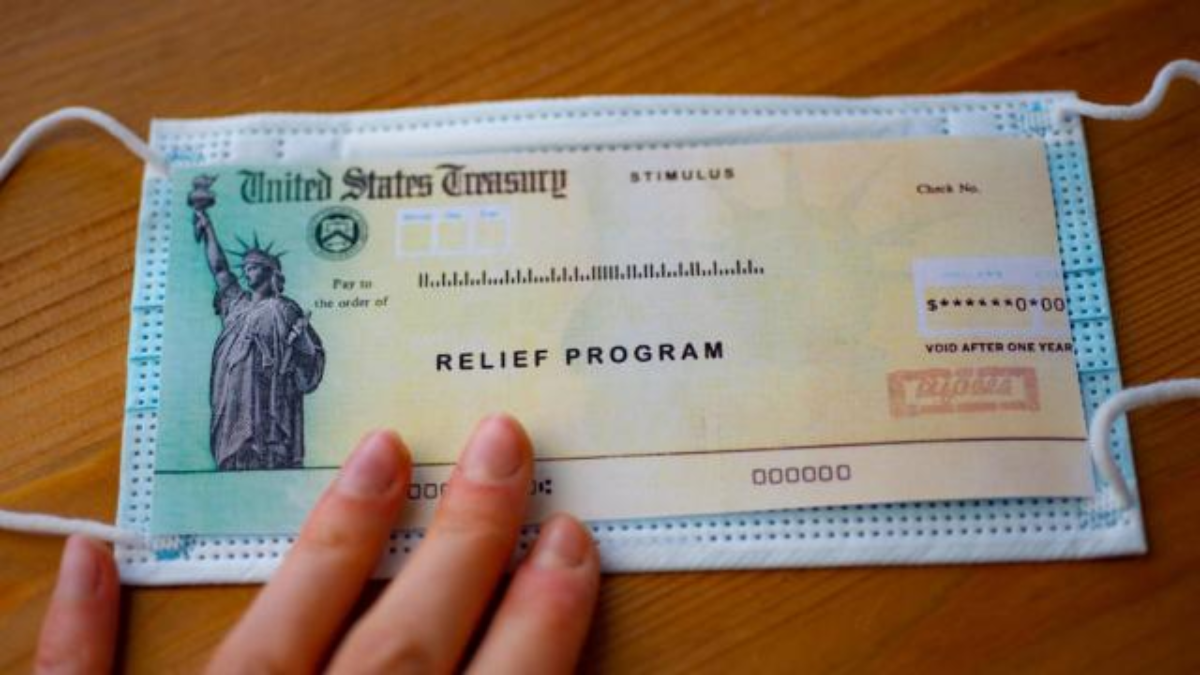In a major move to support Americans facing rising housing costs, a new stimulus plan is making millions of renters eligible for relief in 2025. With rent prices surging in urban and rural areas alike, this initiative provides direct payments, utility coverage, and rent forgiveness for those struggling to stay in their homes. The goal is to prevent evictions and homelessness while boosting household stability across the nation.
Who Qualifies for Rent Relief?
Eligibility for this new rent relief program depends on a few key factors, including income level, housing costs, family size, and whether you’ve experienced a financial hardship. Generally, renters earning below 80% of the area median income (AMI) qualify, especially if they’ve lost income due to job cuts, medical emergencies, or inflation. Those receiving housing assistance or SNAP may be prioritized.
What Benefits Are Being Offered?
The plan includes a variety of benefits designed to ease rent-related financial pressure. These include monthly rent subsidies, one-time emergency checks, and assistance covering late fees or utilities. Some states are even offering rent forgiveness for those in long-term hardship. Payments may go directly to landlords or tenants depending on how the state administers the program.
How to Apply for the Program
To apply, renters should visit their state’s housing assistance website or local social services office. Most applications require proof of income, lease documentation, and evidence of financial hardship. Online portals have been streamlined to make the process easier, and some areas are offering in-person help centers for assistance.
When Will Payments Begin?
Payments from the new stimulus-funded rent relief plan are expected to start as early as May 2025, with priority given to those behind on rent or facing eviction. States that already have housing assistance systems in place may begin sooner. Applicants are encouraged to file early, as funds are limited and distributed on a first-come, first-served basis.
Table – 2025 Rent Relief Stimulus Overview
| Benefit Type | Amount Provided | Who Qualifies | Notes |
|---|---|---|---|
| One-Time Rent Payment | Up to $2,000 | Renters earning < 80% AMI | Based on income & lease status |
| Monthly Rent Support | $300–$600/month | Low-income families | Duration varies by state |
| Utility Bill Assistance | Up to $800/year | Households with past-due bills | May be bundled with rent relief |
| Late Fee Reimbursement | Up to $500 | Those with penalties due to hardship | Paid directly to landlord |
| Rent Forgiveness | Full/partial | Long-term hardship cases | Requires documentation of hardship |
This new rent relief stimulus plan offers hope to millions of renters struggling to stay afloat in today’s housing market. Whether you’re facing eviction or simply falling behind, help is available — but you must act quickly. Check your eligibility, gather your documents, and apply as soon as possible to avoid missing out on this essential support.
FAQ’s:
1. Can undocumented renters apply for rent relief?
Some states have alternative funds or allow undocumented renters to apply with nontraditional documentation. Check your state’s guidelines.
2. Will the payment go to me or my landlord?
That depends on the state. Some programs pay directly to landlords, others to renters — or both.
3. What if I’ve already received housing assistance this year?
You may still qualify for additional relief if your hardship has continued or worsened.
4. Can homeowners apply for this rent relief?
No, this program is specifically for renters. Homeowners should look into mortgage relief or foreclosure prevention options.
5. Is this program available in all states?
While federally funded, implementation is managed by each state. Some states may offer expanded or additional benefits.
